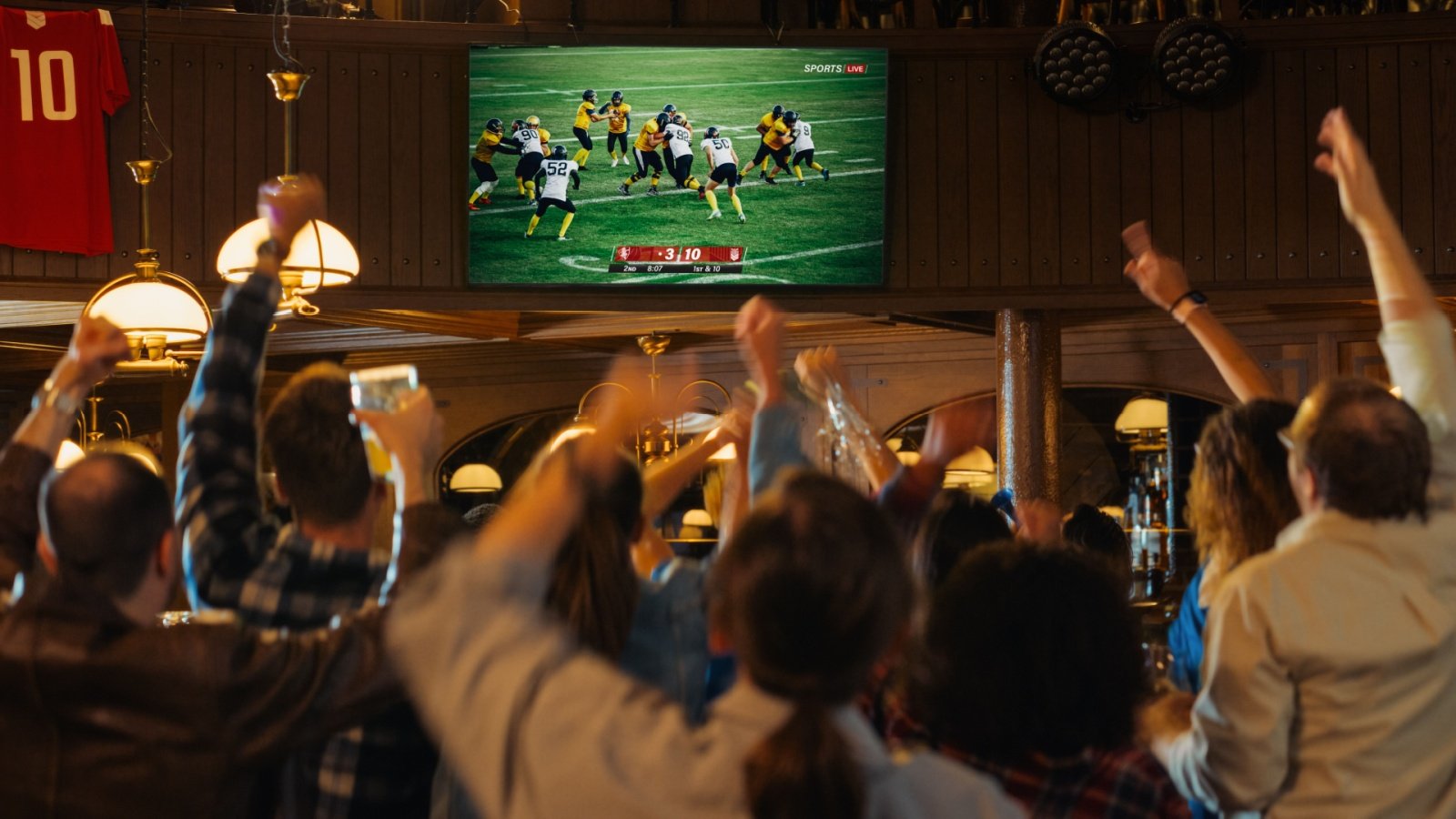How do you irritate an American the fastest? There are a few surefire ways: make fun of baseball, litter, or invade their personal space. Luckily, this guide outlines the actions most likely to cause offense in the USA, so you can avoid any social faux pas.
Disrespect Sports

Sports are a significant part of American culture, with passionate followings for football, basketball, baseball, and more. Criticizing or mocking these sports can be taken personally by fans, akin to criticizing their values.
Ignore Personal Space

Americans generally value a larger personal space bubble compared to other cultures. Encroaching in this space, especially when speaking or interacting, can make people feel uncomfortable or threatened. Respecting this boundary shows social awareness and respect.
Sensitive Topics

Bringing up topics like religion, politics, or personal finances without familiarity can make Americans uncomfortable. These subjects are typically reserved for more private or familiar conversations. It’s best to steer clear of these unless you know the person well.
Disrespect the Military

The military is held in high regard in the United States, and derogatory comments about service members or their roles are taken very seriously. Such remarks can be deeply offensive to individuals who serve or have family members who serve.
Cut in Line

Americans place a high value on fairness, and cutting in line is a surefire way to upset that sense of order. This action is viewed not just as rude, but as a blatant disregard for the courtesy expected in public spaces. If you skip ahead, be prepared for some vocal disapproval.
Not Tipping

Tipping is deeply ingrained in American culture, especially in service industries like restaurants and taxis. Leaving a small tip—or none at all—can be seen as an insult to the service provider’s efforts. Aim to tip between 15% and 20% of the total bill.
The Flag

The American flag is a powerful national symbol, and improper use or display can be seen as disrespectful. This includes wearing the flag inappropriately or allowing it to touch the ground. Understanding and adhering to the flag code can prevent potential disrespect.
Refuse to Adapt

Visitors who openly disregard American customs or cultural norms can quickly alienate themselves. Whether it’s ignoring local eating etiquette or dismissing national holidays, such resistance to adaptation can be offensive.
Negative

Americans often value optimism and can be put off by those who are constantly negative or critical without cause. Complaining incessantly can be draining on positivity and is likely to alienate others. Focusing on solutions rather than problems is generally more acceptable.
Inconsiderate

Not returning a friendly gesture or failing to say “thank you” when one is extended can quickly sour relations. Americans often expect a basic level of politeness and acknowledgment in interactions. Simple manners can foster goodwill and ease social exchanges.
Sarcasm

While sarcasm is a common form of humor in the U.S., using it inappropriately or with someone who isn’t familiar with it can lead to misunderstandings or offense. It’s important to gauge whether someone will understand and appreciate sarcastic remarks.
Assuming

The United States is incredibly diverse, and assuming uniformity in opinion, lifestyle, or belief can lead to misunderstandings. Recognizing and respecting diversity within the country shows a deeper understanding of American society.
Hygiene

Personal hygiene is highly valued in American society, and neglecting it can quickly create a negative impression. This includes regular showering, use of deodorant, and maintaining clean clothes. Good hygiene not only affects how others perceive you but also reflects respect for yourself and those around you.
Wasteful

In a society that’s increasingly environmentally conscious, overt wastefulness, especially of food or resources, is frowned upon. Actions like leaving lights on unnecessarily or throwing away large amounts of food can be viewed negatively.
Negotiate

Americans appreciate fairness in transactions and negotiations, and attempting to aggressively haggle or undercut values can be seen as greedy or disrespectful. It’s important to be reasonable and fair in negotiations to maintain respect and integrity.
No Notice

Dropping by someone’s home without notice is generally frowned upon in the U.S. Planning visits and respecting others’ time and privacy is key to social etiquette. A quick call or message to confirm availability can go a long way in maintaining good relationships.
Important Dates

Forgetting significant dates such as birthdays, anniversaries, or major holidays can be perceived as inconsiderate. Acknowledging these occasions shows attentiveness and care for personal relationships. A simple message or call on these important dates can mean a lot.
Misunderstanding

Americans are often friendly in social interactions, but this should not be confused with an immediate deep friendship. Understanding the nuances between polite friendliness and actual close friendship can help avoid awkward situations.
Trust

Building trust is a process, and expecting it to be granted immediately can be off-putting. Trust is earned through consistent, reliable actions over time. Demonstrating dependability and integrity in all interactions can gradually build a solid foundation of trust.
Criticize Food

Americans take pride in their diverse culinary landscape, which ranges from regional specialties to immigrant influences. Criticizing dishes like barbecue, burgers, or apple pie can be perceived as critiquing American culture itself. It’s better to approach American cuisine with curiosity and openness, appreciating the variety and history behind each dish.
Talk Loudly

Loud phone conversations in public spaces can quickly draw annoyance from Americans who value a certain decorum in shared environments. This behavior is often considered disrespectful and intrusive, especially in quiet settings like trains or buses.
Ignore Invitations

In American social etiquette, responding to invitations and RSVPs is crucial. Ignoring these can be seen as disrespectful and can disrupt planning efforts for events. Prompt responses show consideration for the host’s efforts and help maintain smooth social interactions.







